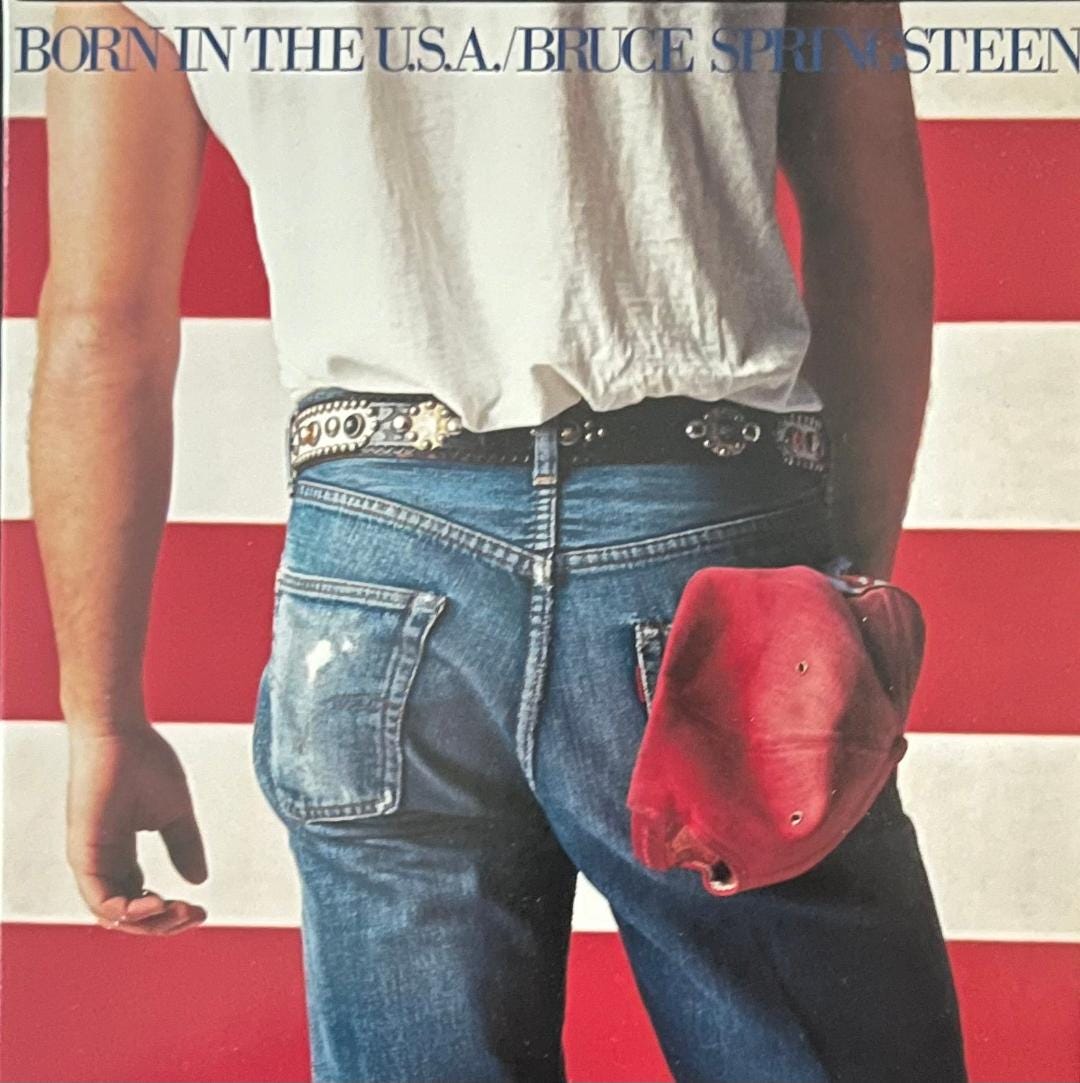The Pessimism Of Bruce Springsteen
Too often, politicians get away with lying.
What’s worse, though, is when they’re attacked for being honest.
Go back to April 2008. A recording of comments made by presidential candidate Barack Obama at a private fundraiser hit the internet. Reaction was rabid, hostile even. Obama learned about the high cost of candor, even in a private setting.
What terrible thing did he say? He meant no harm; he was simply trying to convey understanding of people hit by hard times. “You go into some of these small towns in Pennsylvania, and like a lot of small towns in the Midwest, the jobs have been gone for twenty-five years and nothing’s replaced them, ”Obama told those gathered at the San Francisco event. “So it’s not surprising then that (they) get bitter, they cling to guns or religion or antipathy to people who aren’t like them or anti-immigrant sentiment or anti-trade sentiment as a way to explain their frustrations.”
Obama was attacked by the usual right-wing noisemakers and even Democratic opponent Hillary Clinton, who said, “Americans need a president that will stand up for them, not a president who looks down on them. Mrs. Clinton would soon call Obama “Mr. President” and serve at his pleasure as Secretary of State.
In tough economic times, people can turn on others they feel have usurped their sense of security, be they Mexicans cutting the grass, working the chicken plants or rolling burritos. In 1937, with America still gripped by the Depression, the film, The Black Legion, starring a young Humphrey Bogart, exposed the bitterness members of a so-called ” free white 100% American” community felt toward “foreigners.” Donned with hoods, the legion members embarked on a search-and-destroy mission against the Dombrowski family. They burned down the family’s chicken farm, then chased Joe Dombrowski and his father out of town. Forever. It was Joe Dombrowski who got the foreman’s position at the plant instead of Frank Taylor, the character played by Bogart. This didn’t sit well with the legion, so they decided to show the “undesirable aliens” how things worked in their twisted America.
The film’s setting is a middle-class town with a big factory, a new car dealer, modest but comfortable homes and a pleasant street life belying the desperation and discord felt by millions of Americans during the ’30s. The Black Legion moves at a steady clip, yet there’s still time for the viewer to question the idea of terror reigning over what appears a peaceful community. But horrors emerge when bitterness is exploited by those who hate.
A different sort of dichotomy was seen five decades later as the American economy swooned for some and soared for others. The economy swooned most in old factory towns in the Northeast and Midwest, where jobs were lost and gone forever. Lives were shaken and recovery was not just around the corner. Bruce Springsteen, a rock and roll hero to a great cross-section of Americans, examined the hardships faced by boomers and their families in his song, “My Hometown.”
Closing out Born In The U.S.A, his wildly popular album from 1984, “My Home Town” is a poignant look at one man’s struggles with the changing economy. The song is imbued with sadness in several layers. Its melody is sweet and wistful, perfect for what is actually the story of the man’s life. Important memories of the man are touched upon, contrasting them with the seemingly dead-end he’s reached at the age of 35.
Springsteen opens with the man recalling how at the age of eight, he’d run to the bus stop to buy a paper for his dad. Then he’d scurry on back to the car where his dad was waiting and they’d drive around, the boy behind the wheel, sitting on his father’s lap. Dad is proud of the boy and the security he provides for his family. He has found a happy life and a livelihood in the town he calls home. He has faith that what he possesses in the ’50s will be there for the boy in the decades ahead. It’s with pride and gratitude that the father tells the son, “take a good look around, this is your hometown.”
But trouble comes to the hometown. Integration doesn’t make a smooth transition. Springsteen sings of “a lot of fights between the black and white.” There’s less optimism in the hometown. People start to move away. Stores go out of business. The street life isn’t so pleasant. And things get tougher.
With the textile mill across the railroad tracks closing, the jobs are leaving the hometown. Like Obama said a generation later, nothing replaced them. So the boy who grew up thinking he could always count on a decent living considers a change. He and his wife talk of “maybe heading south.” They have a boy of their own now. In what may have been their last ride around the old town, he sits his boy behind the wheel and tells him to “take a good look around, this is your hometown.” One doesn’t sense any optimism on the man’s part. Mostly, he’s feeling sad. He’s not inclined to stock up on weapons or wax fanatically about his religion, but already in the early stages of his struggles, there must be some bitterness.
The Optimism Of Bruce Springsteen
Much insight has been gathered from the songs of Bruce Springsteen. Many of the observations he has shared are about the America he inhabits: the country where tens of millions have listened repeatedly to his albums and stood in line to see him play at clubs, halls, theatres, arenas, and stadiums. It’s an America where Bruce Springsteen has been legenda…






